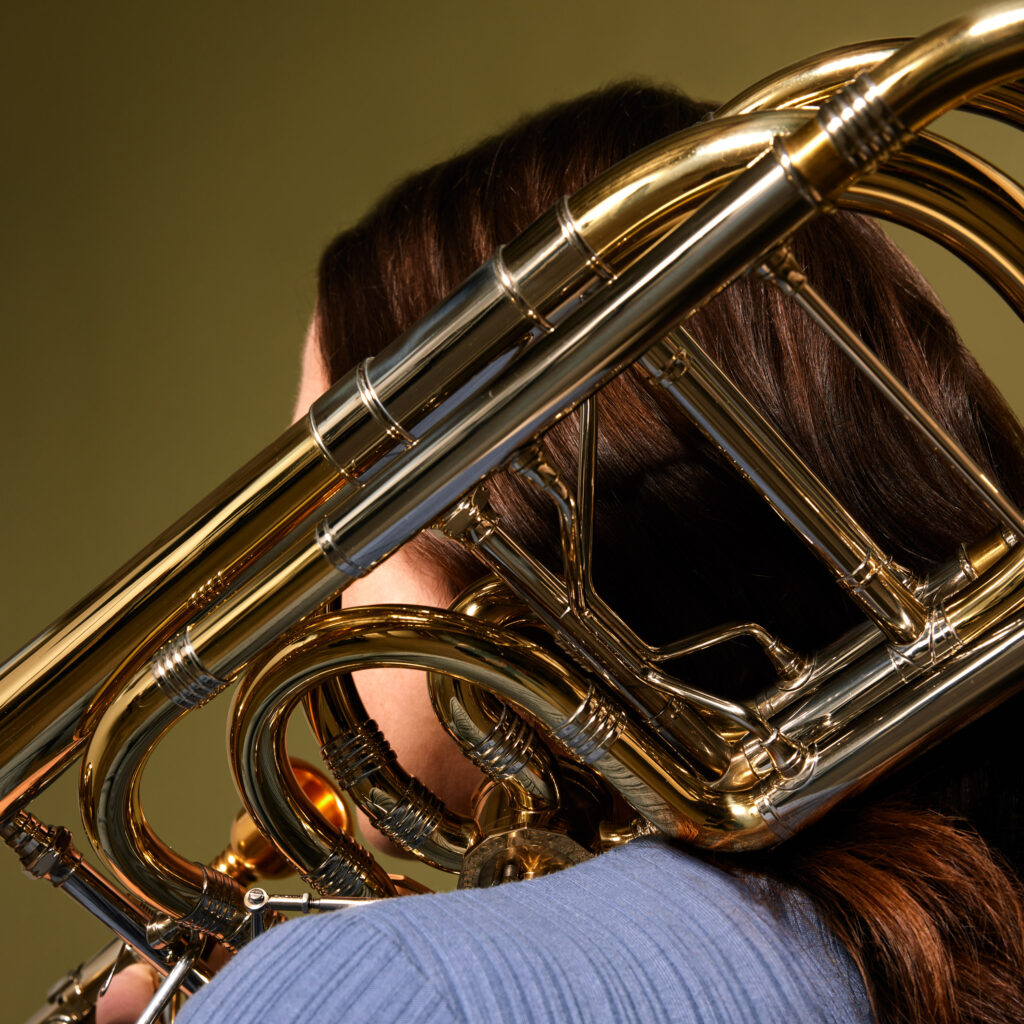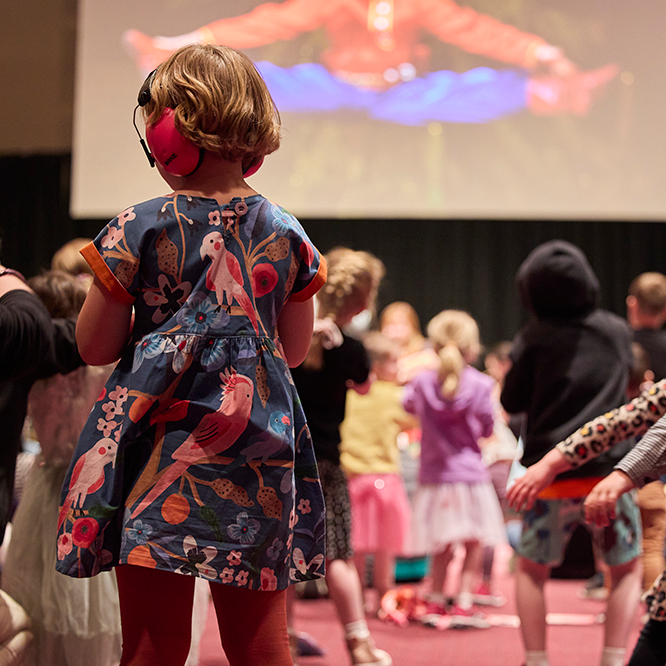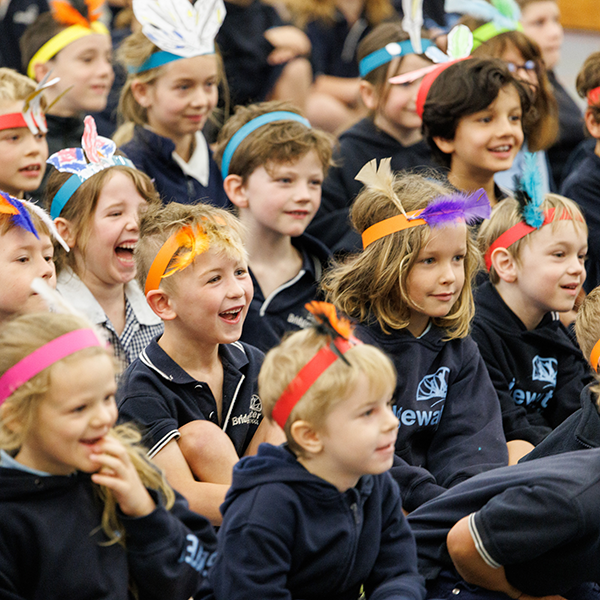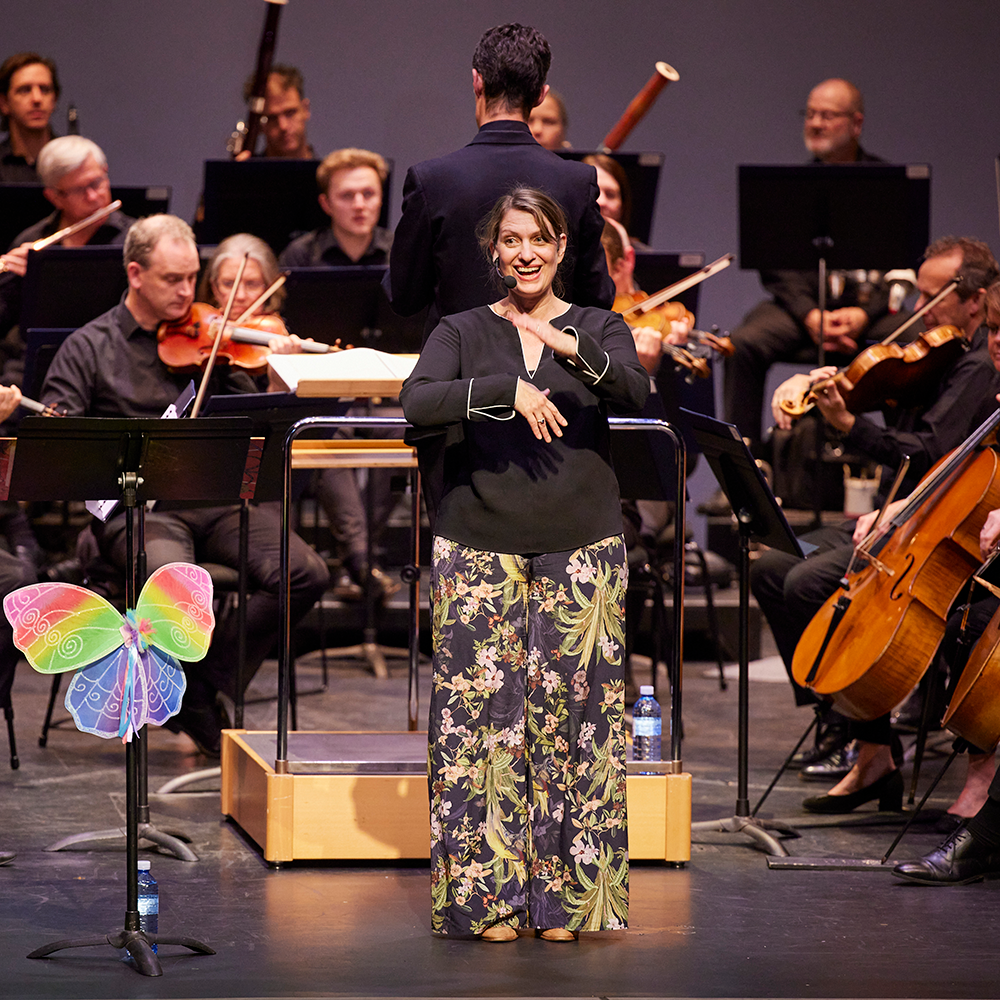MUSOs of the ASO: Howard Parkinson, Bass Trombone
- Musician Spotlight
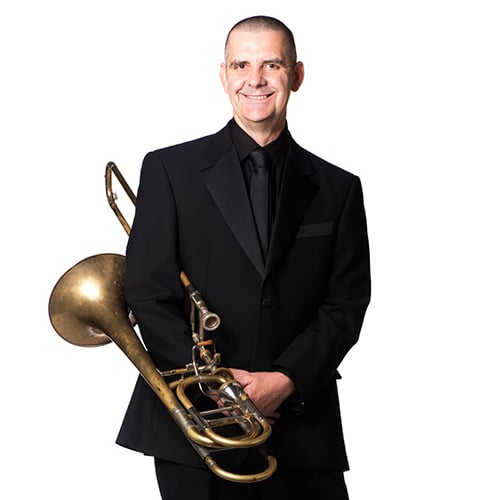
Today, we talk to Bass Trombone Howard Parkinson, who is about to clock 40 years playing with the orchestra. It was inevitable that Howard would turn to brass. His father has played in brass bands all his life, and is still going at the age of 89, so it looks like Howard has a number of years playing with the ASO yet!
Here, he regales us with tales of his wonderful career and life both in and outside of the ASO, and his aspiration that, as a community, we will all get through COVID-19 with a new appreciation of what we have enjoyed until now. He believes as long as we support each other and our communities, we will thrive again.
We hope you enjoy taking some time to get to know Howard.
Hometown:
I was born in Brisbane, but moved to many places (Bathurst/Broken Hill/Rockhampton/Sydney) as my parents were Salvation Army Officers (ministers).
Education:
I attended various Primary Schools in Broken Hill, Rockhampton and Sydney. I did my High School years at the Sydney Conservatorium of Music High School, a small school of 150 students that is physically situated within the Sydney Conservatorium of Music. I then followed on to tertiary study classical performance at the Sydney Con.
If I weren’t a professional musician I’d be…
If I had my time again I would do medicine. While music is wonderful and I have loved every minute, once you have done the performance, it is gone! At times I feel that I need more to show for the work I’ve done. Having said that – my ongoing legacy is the many, many students I have worked with over the years. I have been teaching brass for 45 years, and it is a great pleasure and sense of achievement to see so many in the profession passing on the skills and knowledge I first gained from my teacher.
How did you choose the Bass Trombone?
Being raised in the Salvation Army led me into the brass world. I had initially studied trumpet up until the age of 16, but then a medical condition (laryngocele/hernia of the voice box) meant I had to move to a larger instrument. I started study on tenor trombone and won the position of Principal 1st Trombone with the ASO in 1980, but moved to Principal Bass Trombone in 1985 due to complications of the laryngocele condition. I love playing in the ‘bass’ end of the orchestra, so it was no great hardship to move to bass trombone.
Is there anything special about your instrument/does it have a name/any quirks?
I have played this instrument since 1982 – it works for me! I have ever only played one other instrument that was superior – this instrument belongs to a student of mine who live and works in Holland. He wouldn’t part with it! Does it have any quirks? I think the only quirk is the player.
If you could play a different instrument, which would you choose and why?
French Horn. What a wonderful range of sound colour, and most of all, they get to play ALL the time. It can at times be very frustrating sitting in the orchestra just waiting to get to play. For example, Brahms Symphony No 1 – the horns have magnificent lines and material all the way through – whereas the trombones don’t get to play until the last movement!
Which solo or moment in the Bass Trombone orchestral repertoire is your favourite?
The trombone/tuba chorales in the last movement of Tchaikovsky’s Symphony No. 6, Pathétique, are glorious. After all the excitement and ‘racket’ of the march movement – we come to playing some of the softest, most delicate and exposed music ever written for us. This is actually incredibly difficult to play – any brass player coming into a very, very soft section after playing a long very loud passage creates all sorts of heart-stopping challenges. When it works really well, it makes the terror worth it.
What is your first orchestral concert memory and what made it memorable?
This goes back to the first time I heard the ASO play a schools concert in Broken Hill, conducted by Henry Krips when I was 6 years old. I can still remember sitting there and being captivated by the sound – and that it was those people sitting on the stage who were making it, right there, right then.
COVID-19 has put a hold over ASO concerts. What do you miss the most about not being able to perform?
The opportunity to play collaboratively – to listen, to adjust, to meld, to discuss ideas with other musicians. It doesn’t matter how much you play at home – it is never the same.
Despite not being able to perform in concerts, you still have to remain playing fit in order for when concerts resume. How many hours a day are you practising, and what repertoire are you selecting? Where in the house do you practise?
I am disciplining myself to practise every morning Monday to Friday (I take the weekend off to give the neighbours a break!) from 8.30am until 10.30am. I take a break for about half an hour in there to practise piano and give my ‘face’ a rest. I am mainly working on my warmups and technical studies. This is the ideal opportunity to be able to take time to sort out some ‘niggles’ and to push other areas to a higher (I hope) standard. When we are working, a lot of time is spent preparing parts, then rehearsing – and as a brass player, we need down time off the instrument, so the chance to work on some things is pushed aside. I am fortunate to have a dedicated ‘sound-proof’ room in the house – we built the house with this in mind.
What is the thing you most crave whilst living in isolation?
Ian Denbigh’s (2nd trombone) terrible sense of humour! Sorry Ian…
Community – I miss this in a musical sense, and just being able to interact with others.
When you’re not performing or practising, what do you enjoy doing in your free time?
Gardening – as musicians we spend so much time in small rooms practising, in orchestral rehearsals with no windows, it is just wonderful to get outside. I have an extensive bonsai collection, I enjoy propagating plants and having a garden that always has flowers open somewhere. I am also an avid reader and enjoy watching history documentaries.
When I’m not listening to classical music what do you listen to?
I have found that the most valuable thing I can listen to – is silence! The bass trombone is a very noisy instrument. Whether practicing by myself, or rehearsing, it is a very noisy environment. I think the world has become scared of silence – we need that quiet to meditate, assess, relax, recuperate and renew.
Do you come from a musical family?
Yes, my parents were excellent amateur musicians. Dad studied violin as a young person, but played brass all his life. In fact, he still plays in two brass bands in Sydney – he is 89 years old and going strong. My mother was a very fine pianist.
My son, Heath, is a French Hornist in the Tasmanian Symphony Orchestra, and our daughter, Skye, is a jazz/blues singer and teacher in Sydney.
I can’t take all the credit – my wife was a very fine soprano until Multiple Sclerosis starting causing too many problems.
What piece of music never fails to move you?
Elgar – Enigma Variations – Nimrod. It just gets ‘right in’.
What books are on your nightstand?
I use a Kindle that has several hundred books downloaded – I am usually reading at least two books at a time. At the moment I am reading a ‘travelogue’ and an ‘Australian historical fiction’ novel.
Is there anything else you would like to share?
I have had the most wonderful career and life – 40 years this year in the ASO working with the world’s best conductors, soloists, and fellow musicians. Not to forget the brilliant administration team we have at the ASO – they work tirelessly, with often very long hours to support what we do on stage.
Adelaide has been a wonderful place to live, work and raise a family.
These are uncertain times, an adventure in its own right. We may come out of this changed, but probably with a new appreciation of what we have enjoyed until now. As long as we support each other and our communities, we will thrive again.

